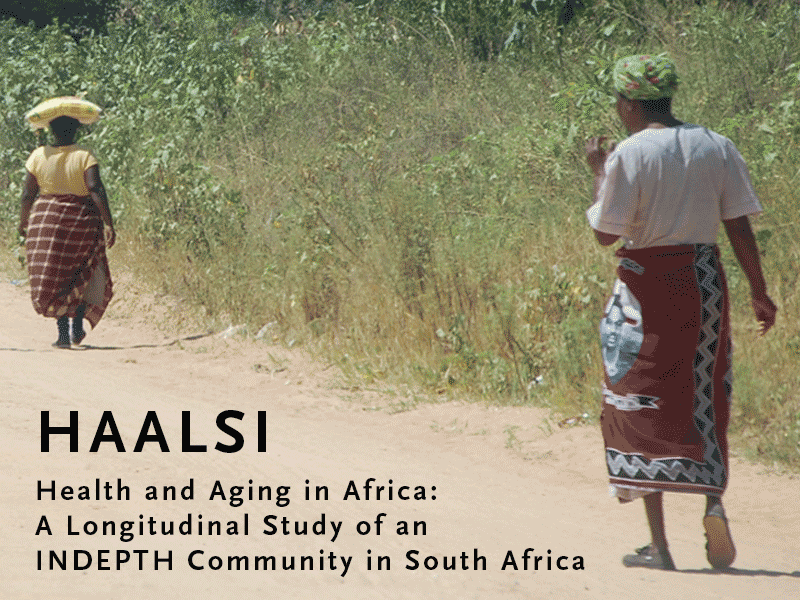Faculty member Nancy Krieger, PhD, has shared her viewpoint in this piece published in the Journal of Public Health Policy that calls for those in the public health and medical field, in particular, to take practical action steps to better integrate the realms of democratic governance, climate change, and health inequities. She outlines actionable steps, along with information-rich resources, in a table. Photo: Alisdare Hickson on Flickr
Is there a link between opioid overdose mortality rates and automobile assembly plant closures in the U.S.?
Researchers affiliated with the Harvard Pop Center have published a study that focuses on counties with a large share of the population employed in the manufacturing sector, finding a link between automobile assembly plant closures and deaths by opioid overdose among working-age adults. Study authors include faculty member (and former Harvard RWJF scholar) Alexander Tsai, MD, PhD, and Rourke O’Brien, PhD, also a former Harvard RWJF scholar. Other study authors…
Prevention may be worth much more than pound of cure to tackle obesity trends
A study published in the New England Journal of Medicine that utilized state-level data projects that by 2030 almost 50% of U.S. adults will be obese, with some states coming in higher than 50% and no state at a level below 35%. Harvard Pop Center faculty members Steven Gortmaker, PhD, and Sara Bleich, PhD, are among the authors of the study that adds weight to the importance of state-level public…
Continue reading “Prevention may be worth much more than pound of cure to tackle obesity trends”
Jason Beckfield: “Rising inequality is not balanced by intergenerational mobility”
Jason Beckfield, our associate director and Harvard sociologist, COMMENTS on a study that documents intergenerational social mobility over the past 165 years, applauding the study’s strengths (e.g., differentiating between relative and absolute mobility; large amount of data) and outlining some of its limits (e.g., ethnicity and gender are weak spots in population composition; lack of explanation).
When is the best time to prevent early childhood obesity?
Harvard Pop Center faculty members Tracy Richmond, Mauricio Avendano, and Ichiro Kawachi, along with their colleague Inyang A. Isong, have published a study that takes a longitudinal look at the weight and growth status of kindergarten-aged children from various racial/ethnic backgrounds.
Study of Hurricane Katrina survivors offers unique insights into impact of neighborhood gentrification on health
Researchers affiliated with the Resilience in Survivors of Hurricane Katrina (RISK) project have published a paper that takes a look at the health impacts of being displaced into a gentrified neighborhood. The researchers did not find evidence of significant effects on BMI, self-rated health, or psychological distress. Photo: Ted Eytan on Flickr
Politics of caste and class go under microscope in effort to combat child poverty in India
Harvard Bell Fellow Adel Daoud, PhD, and his colleague Shailen Nandy have authored a study published in Sociology of Development that sets out to systematically analyze how politics of caste, corruption, and wealth impact child poverty in India.
Using social media and online search to better track individual alcohol use and corroborate state-level data
Elissa Weitzman, ScD, is principal investigator of a study published in the American Journal of Preventative Medicine that demonstrates how personally generated data — captured and tracked using such online tools as Google searches and social media outlets — mirrored more formal public health surveillance data. “Our results give confidence in our public health tools and in using novel data approaches to measure health behaviors and policy effects — a…
Postdoc pens op-ed in The New York Times: “The Myth of the Two-Parent Home”
Postdoctoral Fellow Christina Cross, PhD, shares findings in this op-ed in The New York Times from a recent study that demonstrate that access to socioeconomic resources influences the educational success of black youth more than their family structure (e.g., whether they were raised in a single-parent or two-parent household). The findings could shape improved public policies, given that there are costly welfare programs devoted to marriage promotion initiatives.
Longitudinal study of aging in South Africa offers rare glimpse of link between cognitive function and cardiometabolic disease risk factors
Researchers affiliated with Health and Aging in Africa: A Longitudinal Study of an INDEPTH Community in South Africa (HAALSI) have published a study in BMC Public Health that shares some baseline evidence pointing to a link between cognitive function and cardiometabolic disease risk factors (e.g., diabetes, BMI, smoking) among those aging in South Africa.








